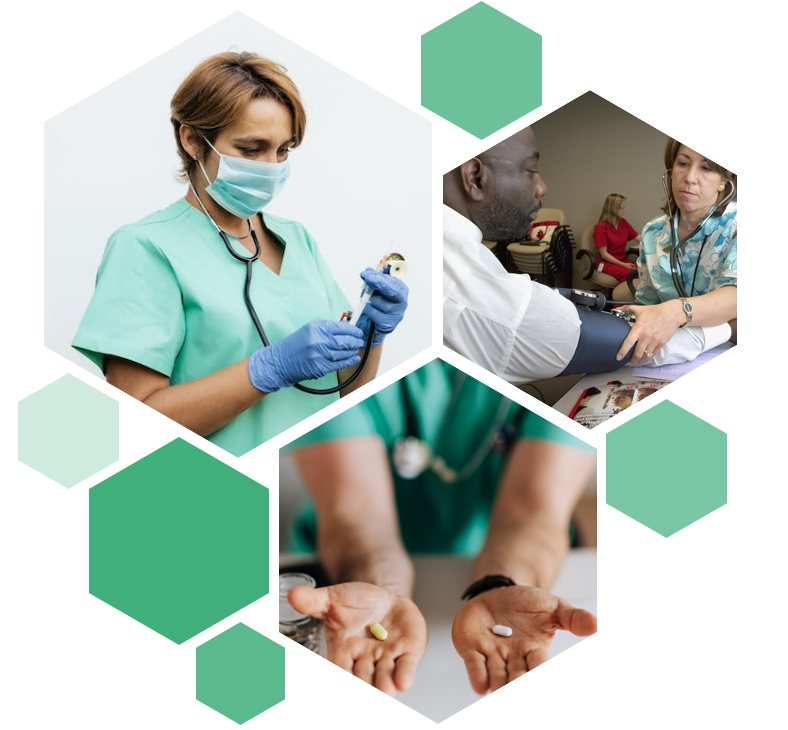
What are the types of clinical trials?
There are several different types of clinical trials. Some of them are listed below.
- Prevention trials look at whether there are ways to prevent lung cancer from developing in people who haven’t had it or prevent it from returning in people who have.
- Screening trials look at whether a method can detect early-stage lung cancer in people that otherwise appear healthy, before they start to experience symptoms.
- Diagnostic trials aim to determine whether a test or method can be used to diagnose lung cancer.
- Treatment trials investigate whether a treatment is safe, how well it works and identify any side effects. They are divided into ‘phases’.
- Quality of life trials looks at the effects that a treatment has on the quality of life of the people receiving the treatment. They may be included in treatment trials to help assess whether the new treatment is as good as existing ones.
Clinical trials can also be divided into two broad categories based on how the study works:

Observational studies
Observational studies look at what happens to participants in different situations. The study team does not ‘intervene’ by deciding which treatments participants will have..

Interventional studies
Interventional studies involve participants being put into different groups, with each group receiving different treatment(s). This enables the study team to compare the results of the groups to see which treatment(s) work best.
To ensure that the study results of interventional trials are not affected by other factors (for example by one group having more women or men in it, or another group being made up of younger people), participants are randomised into treatment groups by a computer. The computer programme uses the details of everyone taking part to allocate the participants to groups so that they are as similar as possible. For this reason, if you take part in an interventional trial, you will not be able to choose which treatment group you are in.
The eligibility criteria set for a clinical trial also help to ensure that the results will be reliable. These can include your age, whether or not you’ve already had a type of treatment, the type of cancer that you have, the stage of your cancer, and whether or not you have other medical conditions. You will only be able to take part in a clinical trial if you meet its eligibility criteria.
How do lung cancer treatment trials work?
New treatments for lung cancer are being developed all the time. All new treatment approaches need to go through clinical trials if early tests suggest that they may work.
Treatments are only approved for use once they have gone through this process and it has been shown that they are safe and as good as, or better than, existing treatments. Clinical trials can also help to identify any side effects.
If the results of clinical trials show that a treatment doesn’t work or that it has severe side effects that are worse than those of existing treatments it is unlikely to be approved for use.
What do the different phases of lung cancer trials mean?
Treatment trials are divided into phases. All new treatments go to through Phases 1–3. Some may also go through Phase 0 and/or Phase 4 trials. A new medicine will only enter clinical trials once it has been studied in a laboratory and been approved for testing in people.
Frequently asked qustestions about clinical trials

What do you need to know before you decide to take part in a clinical trial?
Before you agree to take part in a clinical trial the team organising the trial have to explain what participation will involve and things that might happen (for example, the number and length of appointment, possible side effects and any potential risks). You should have the opportunity to ask questions, be given information to take away and time to think about whether you want to take part.
If you decide to take part in the trial, you will be asked to sign an ‘informed consent’ form. If you give informed consent it means that you have been given all the details about the study, understand them and agree to take part. It is important to remember that it is not a contract. If you change your mind about taking part you can leave the trail at any time.

How can you take part in a clinical trial?
You may be eligible to take part in a clinical trial at any point in your diagnostic or treatment pathway. You usually need to be referred to a clinical trial by your medical team, so talk to them if you are interested in taking part in one.
Some countries have cancer clinical trials databases. You can access these online and search for information about trials that may be relevant to you.






